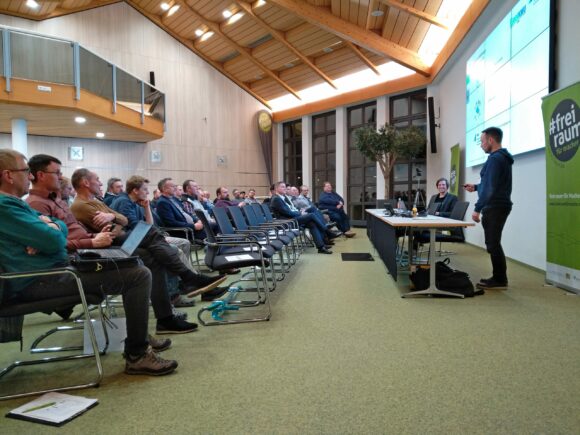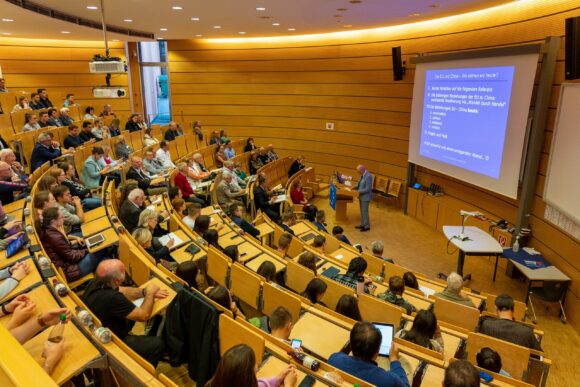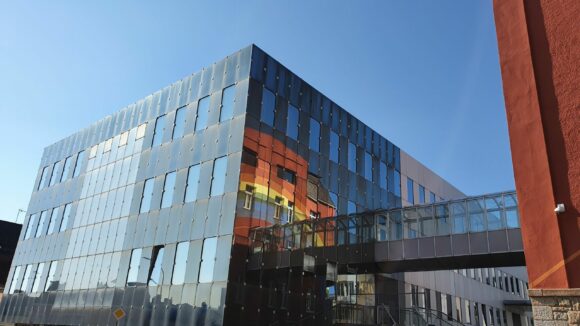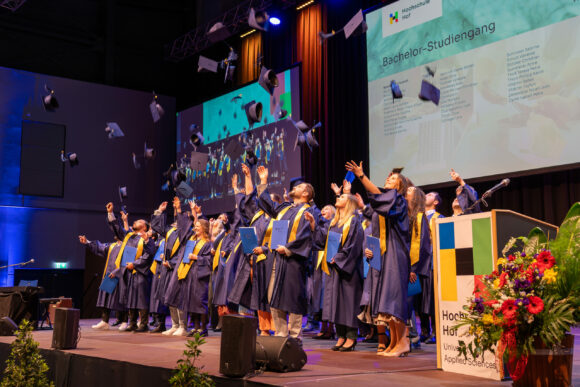In a virtual reality project with the Lorenz Kaim Vocational School in Kronach, the Institute for Information Systems at Hof University of Applied Sciences (iisys) developed a VR application that can be used to practice working under voltage in electrical engineering in virtual space. The project has met with a great response and was recently presented at a project meeting on “Pearls 4.0” as part of the Bavarian Education Pact in Munich. We spoke to Prof. Dr. René Peinl about this.
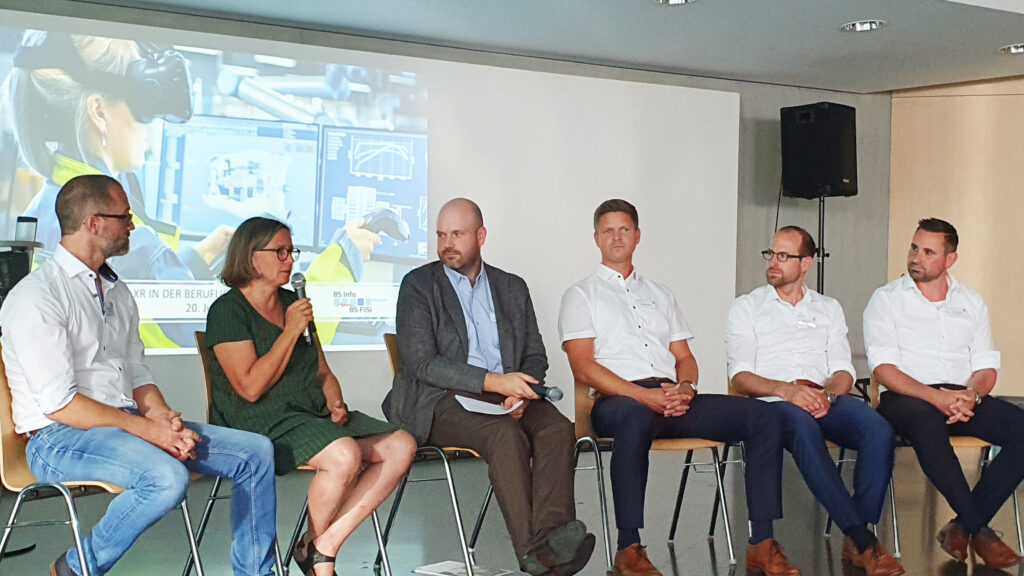
Prof. Peinl, what currently makes the measure so unique?
“Our project was interesting in two respects: Firstly, it is special in the intensive cooperation between the vocational school and the university, which was also a key success factor for the project. Secondly, our project was the only one in which a custom-fit virtual reality e-learning solution was developed specifically for teaching at vocational schools. At the other vocational schools, “only” ready-made apps from the appstore of the VR glasses providers have been used so far, e.g. Google Maps or Google Earth to visit distant places, or to carry out a sightseeing tour, for example.
What was your role now at the presentation in Munich?
“I was a participant in a panel discussion and led a workshop in the afternoon, where the participants could test our VR experience themselves and afterwards we discussed scenarios and success factors for similar further learning scenarios.”
What audience were the talk and workshop aimed at?
“In addition to vocational school teachers and leaders, who were certainly the main target group, I was also very pleased to welcome representatives from the Ministry of Education and Cultural Affairs, the State Institute for School Quality and Educational Research (ISB) and the Academy for Teacher Training and Personnel Management (ALP) from Dillingen.”
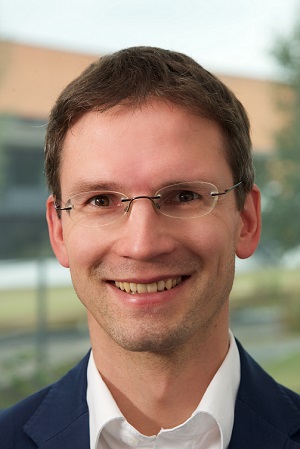
Information Systems at Hof University of Applied Sciences
(iisys); Image: Hof University of Applied Sciences;
There is already talk of the “Kronach Model”, which could be extended to all vocational schools in Bavaria. Is this really to be expected and what timeline can we expect here until this could be realized?
“The buzzword actually came up several times that day. It is rather unrealistic that the close cooperation can be transferred to all vocational schools. In principle, however, there is already great potential in universities and vocational schools working more closely together rather than trying to separate themselves from each other.”
Of course, we would also be delighted if our VR application were used not only in Kronach, but also at other vocational schools in Bavaria and beyond. The first inquiries about this have already reached us.”
Prof. Dr. René Peinl
Are follow-up projects planned and is it already possible to say something about their ambition and scale?
“Currently, there are several efforts for follow-up projects. On the one hand, there is contact with the Styrian Chamber of Commerce and a company in Graz, which have implemented something similar in their own project. Together with them, the first step is to implement a joint project within the framework of Erasmus+. If the project is successful, the cooperation will be expanded through BMBF funding for “International Cooperation in Education, Science and Research”.
In addition, there is still contact with a Saxon provider of e-learning software in nursing. We are working with him on a joint application “KMU-innovativ: Interaktive Technologien für Gesundheit und Lebensqualität” (SME-innovative: interactive technologies for health and quality of life), in which we also internally involve the research group “Innovative Gesundheitsversorgung” (innovative health care) of our colleague Prof. Wolff. Finally, there are also considerations to initiate a direct follow-up project together with the vocational schools Kronach, Coburg and Fürth and the University of Bamberg.
We wish you every success in this endeavor and thank you for the interview.




